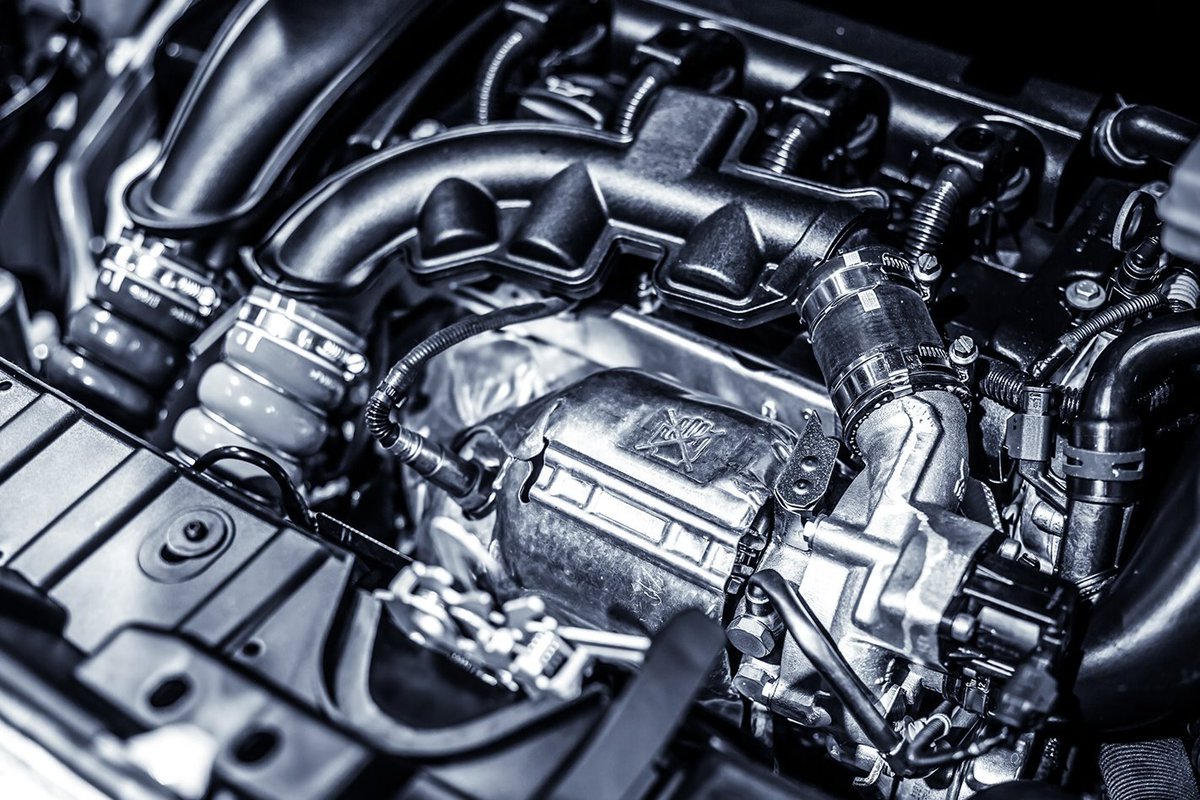
'Vaccine priority' and 'vaccine nationalism'. Some hard questions. THREAD. 1/13
So far, the UK has had a successful vaccine programme. It has signed contracts which promise the delivery of many more vaccines than it needs (now over 300 million doses, I think...) 2/13
The JCVI has produced detailed advice on priority groups. There is some debate (notably within @uklabour) about whether teachers should be moved up the list; but in the main, the advice is accepted.
gov.uk/government/pub… 3/13
gov.uk/government/pub… 3/13
Those most vulnerable to serious illness (and death) should be vaccinated first. This will have the greatest impact on hospitalisation (and death) rates, and presumably enable sectors of the economy to open more quickly. 4/13
So... within the UK, there is broad acceptance that vaccines should be deployed centrally, according to a Govt-backed plan. The idea, for example, that people should be able to pay to be vaccinated earlier has been rejected. 5/13
If, however, you shift the focus from the national to the international, a very different picture emerges. It is very stark. 6/13
There is a COVAX initiative. It aims to secure 2 billion vaccines by the end of 2021 (this amounts to doses for (only) 20% of countries' populations by the end of 2021). 7/13 who.int/initiatives/ac…
But, as the EU and the UK are showing, the main focus of the richest countries is on securing a plentiful, and rapid, supply of vaccines for themselves, via contracts with the drug companies. 8/13
The result is that those who are *not* in priority groups in the richest countries will receive vaccines much sooner than those who *are* in priority groups in other parts of the world. Many will likely die as a result. 9/13
My guess would be that most in the EU and the UK would tolerate that outcome. They might argue that 'we' deserve to benefit from 'our' vaccines (be they produced here; secured by contract from drugs companies; or, perhaps swimming happily in our territorial waters). 10/13
They might, alternatively, argue that some sort of international level JCVI is simply not feasible (they would, imv, be right in that) and that devoting some resources and warm words to the COVAX programme will suffice. 11/13
The question is whether it is possible for an agreed system of 'vaccine priority', akin to that broadly accepted and celebrated at the national level, can have an international dimension... and if not, why not. 12/13
If anyone has got this far, thoughts very welcome... Given the broad acceptance that this is a global pandemic, and that failure to control the virus anywhere may have consequences everywhere, I would have accepted global efforts to have more traction. 13/13
*expected
This is on the same sort of theme...
theguardian.com/commentisfree/…
theguardian.com/commentisfree/…
• • •
Missing some Tweet in this thread? You can try to
force a refresh



